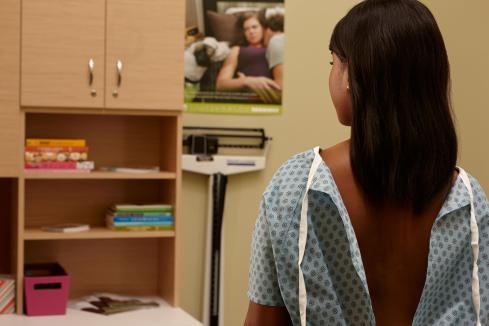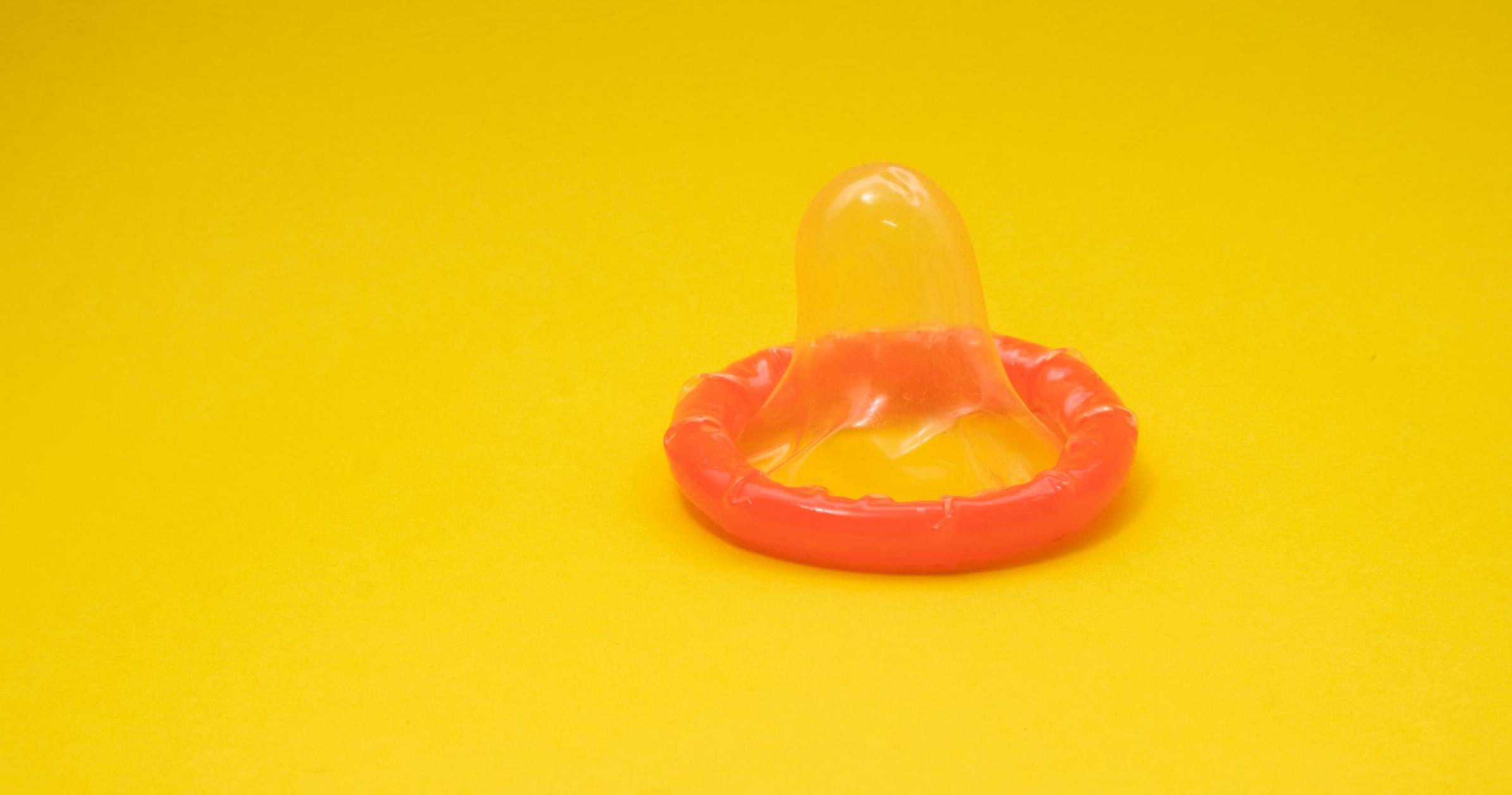The Common Cold of the Sexually Active World: HPV

Let’s talk HPV—causes, treatments, and prevention.
One of my patients’ most common questions is, “Um, I’ve got some new bumps…down there. Can you check them out?”
First off, if you ever notice something of concern “down there,” please go see a provider at your nearest The Right Time health center and get it checked out right away. Often these new bumps are harmless, caused by ingrown hairs. Other times they are just pesky genital warts… That’s right: genital warts aren’t as bad as you think. They are caused by HPV, short for human papillomavirus.
Let’s talk causes, treatments and prevention for genital warts and other flavors of HPV.
Human papillo-whatsit?
HPV is one of the most common viruses around. There are more than 40 different types (or strains) of HPV that prefer to hang out around genitalia, including the vagina, penis, and around the anus. The virus can also survive on any skin or object that’s recently touched genitalia.
HPV can be passed from one person to another without actual sex—just by intimate touching. In fact, 80% of women will have had some strain of the virus by age 50.
Most people who have HPV never know it. Like all other viruses, there is no cure for HPV, but there are good treatments for the symptoms. Just to be clear, HPV is totally unrelated to HIV (human immunodeficiency virus) and HSV (herpes simplex virus).
What kind of problems can HPV cause?
Each of the 40 different types of HPV act differently. Some HPV types cause genital warts, which are raised flesh-colored bumps around your vagina, penis, or anus. Most of the time warts are not painful. Sometimes they are itchy, and they can be annoying. The types of HPV that cause genital warts do not cause cancer.
Other types of HPV will cause changes in a person’s cervix (the opening to a uterus or womb). Often these changes come and go without the person ever knowing, but a few types of HPV can linger, leading to long-term changes and ultimately cervical cancer. It takes many years for cervical cancer to develop, which is why regular check-ups and Pap smears after age 21 are recommended. A Pap smear will catch the changes in the cervix, and regular check-ups will ensure the right treatment at the right time.
How do I get rid of warts? Or an abnormal Pap smear?
HPV is a tough virus, but our immune systems are usually tougher. Our bodies start fighting off the virus immediately. When your body conquers the virus, it then has antibodies that protect against that type of HPV. (But not against the 39 other HPV types.)
For some people, genital warts will go away on their own within 3 months. If the warts don’t go away or you want them to go away faster, see your doctor or nurse. They may be able to treat the genital warts that day, usually by freezing the warts or applying a chemical to them. You can also get a prescription gel or liquid medicine that you use at home, usually clearing up the warts in a few weeks. All of these treatments get rid of the warts by irritating them, so be prepared for some discomfort.
An abnormal Pap smear can mean a lot of different things, so be sure to ask a provider at your nearest The Right Time health center to explain the results and the recommended treatment completely. Often your body will heal itself and your next Pap smear will be normal. Sometimes you will need a more thorough exam of your cervix, called colposcopy, or a treatment to your cervix directly.
Preventing HPV
There are some things you can do to reduce your risk of getting HPV:
- Get vaccinated! In the United States, the vaccine for HPV is called Gardasil 9. It works best if you get it before you have sex for the first time, but it’s still a good idea to get it if you are sexually active or have already had HPV.
- Use a barrier method! The only methods of birth control that prevent pregnancy and HPV are barrier methods such as condoms and internal condoms. While other methods such as the IUD, implant, ring, patch, and shot all prevent pregnancy, they will not protect you against STIs like HPV.
Remember, HPV will affect almost everyone you know! So being told you have it is no big deal… It’s the common cold of the sexually active world.
Updated December 2020
Related Content


Provider Perspective
Skip the Pelvic, Please!What to expect when it’s time to visit your lady doctor. (It may just be a conversation.)

Provider Perspective
Does Being Overweight Affect Your Birth Control?When it comes to birth control and weight, not all methods are created equal...

Provider Perspective
Period Pain? Birth Control Can Help!Hormonal birth control is one of the best ways to manage painful periods.



















